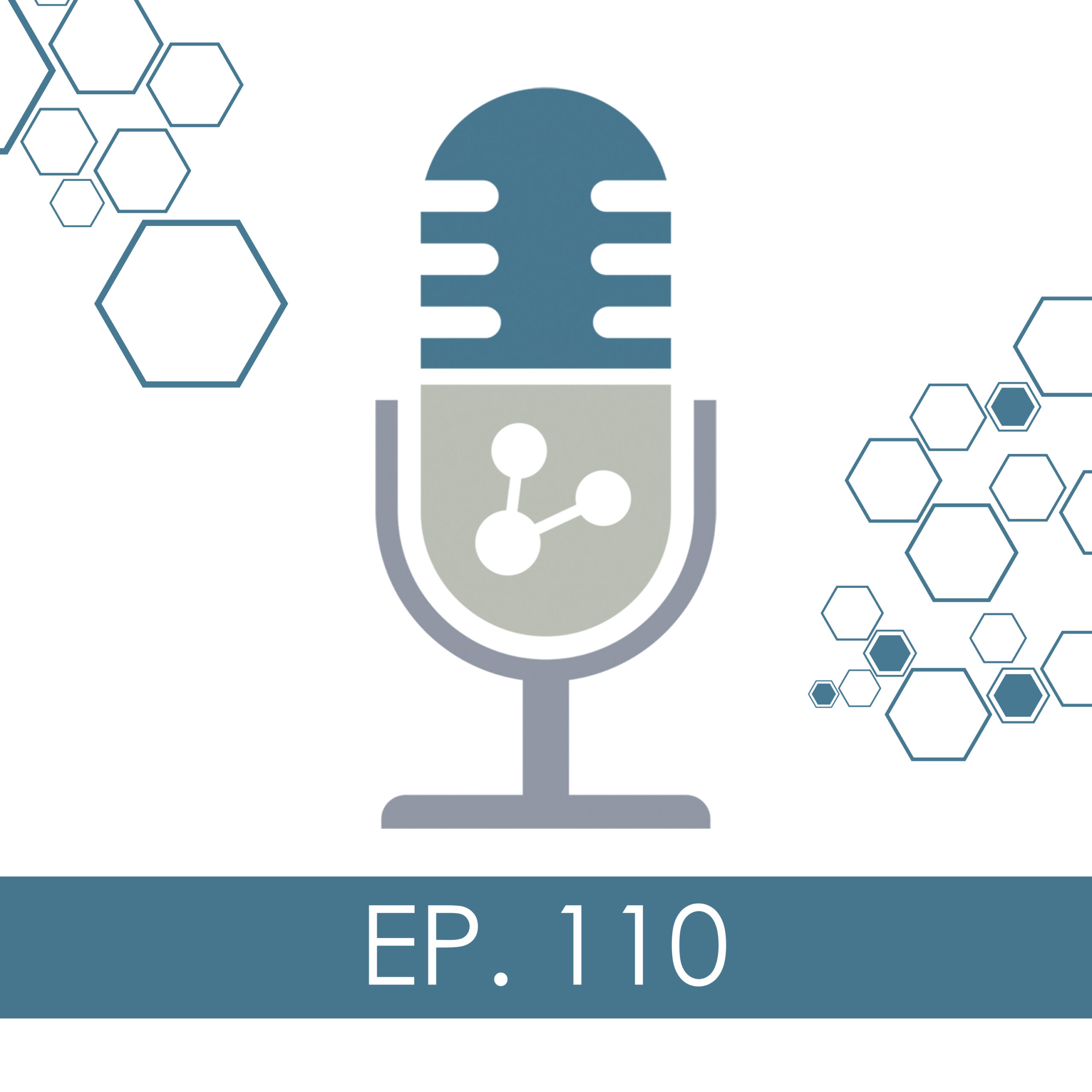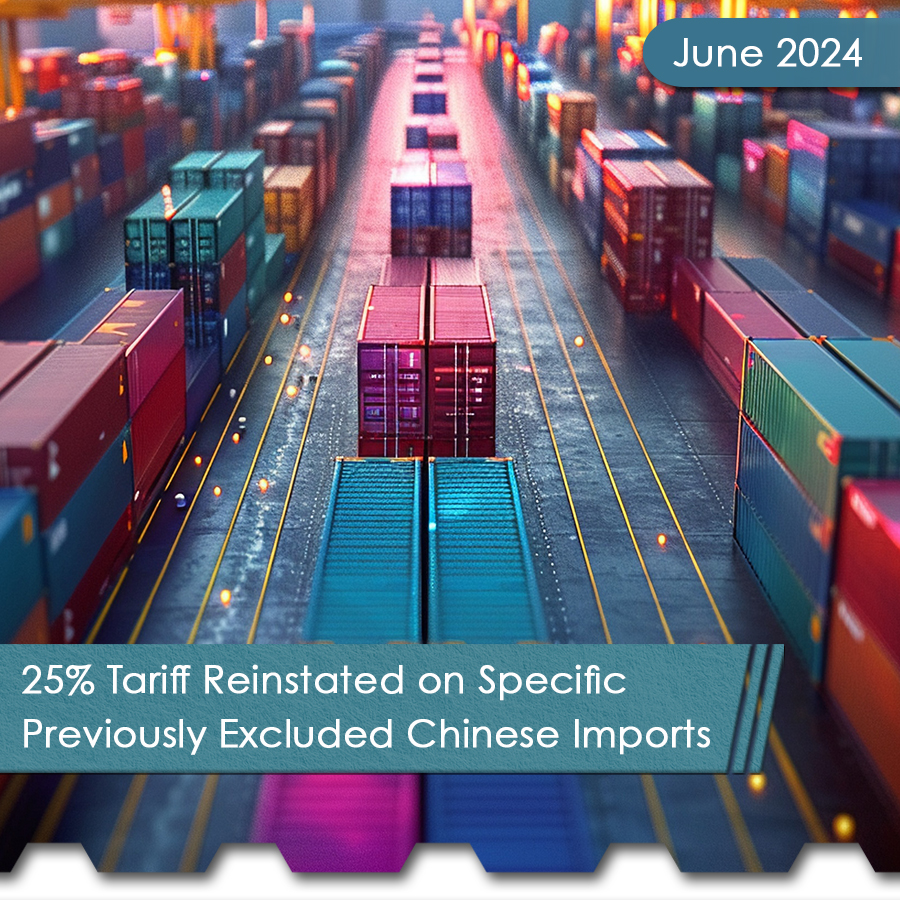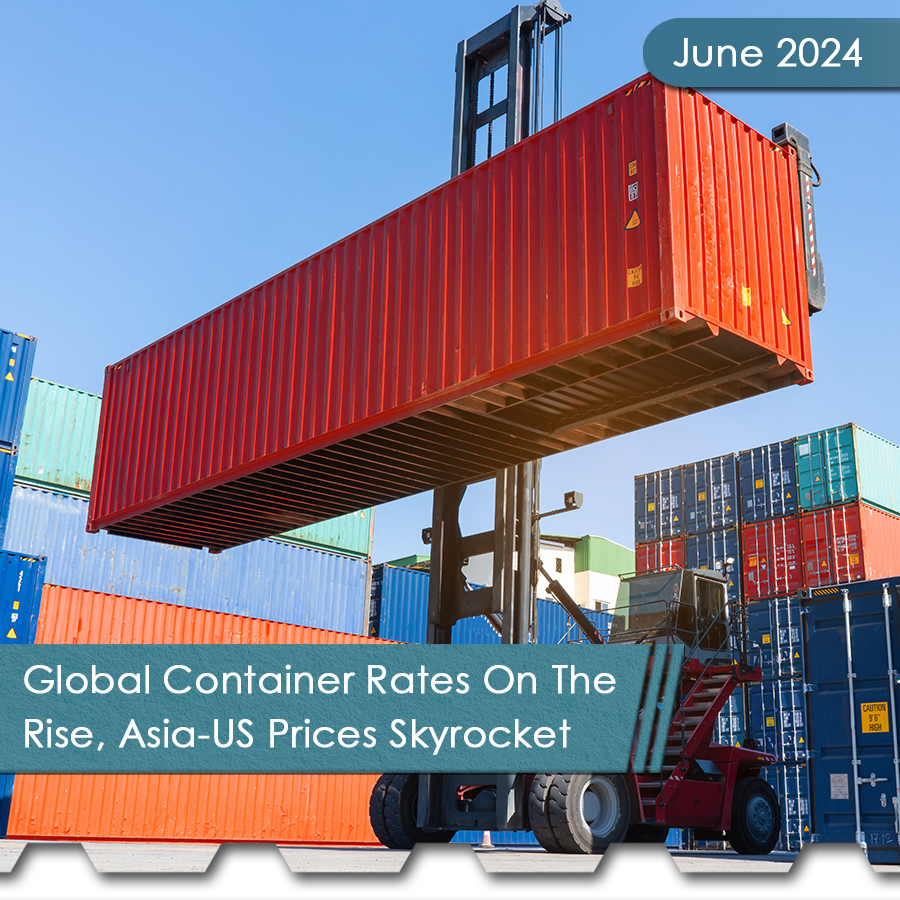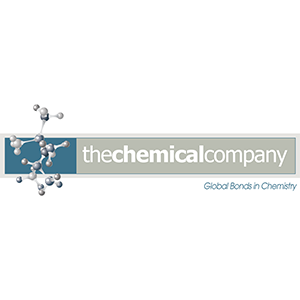[vc_row][vc_column][vc_column_text]
Chinese Tariffs & The Impact on the Chemical Industry. Content updated as of 10/8/2018.
[/vc_column_text][/vc_column][/vc_row][vc_row][vc_column][vc_column_text]
Visit TCC’s official podcast page to stream on your platform of choice.[/vc_column_text][/vc_column][/vc_row][vc_row][vc_column][vc_column_text]The chemical industry has been evaluating, and bracing for the potential impacts of President Trump’s announced tariffs on Chinese imports for a few months now. As new developments occur, categories of products are excluded from tariff lists or granted lighter tariffs, businesses must plan the best they can to absorb or pass through the additional costs associated with increasing cost of goods sold.
The Chemical Company’s regulatory department is closely monitoring tariff announcements, and will update this web page as announcements, developments and deadlines are met.
What’s happening?
President Trump has announced tariffs following the Section 301 Investigation performed by the USTR with the rationale of protecting U.S. business interests in response to business practices of the Chinese state and some of its’ companies. As of this article, there are three installments to this tariff list.
List 1: 25% Tariff on 818 items from China
Tariff “List 1” includes virtually no impact on the chemical industry. There is one section including isotopes and another two lines on rubber articles, but the bulk of this list includes electrical and mechanical machinery. This list is considered final and its’ tariffs are fully in effect as of July 6, 2018.
The product exclusion request deadline for List 1 products is October 9, 2018.
Click here for the full Federal Register Submission, and see Annex A.
List 2: 25% Tariff on 279 items from China
Tariff “List 2” was finalized on August 23, 2018 and includes more products surrounding the chemical industry. Items included on this list are six lines of lubricating oils, two lines of lubricating oil additives, as well as a variety of “plastics, including those mixed with plasticizers”. In addition, there is more mechanical equipment listed in this tariff list.
Click here for the full Federal Register submission, and see Annex C.
List 3: 10/25% Tariff on 5,745 Items from China
“List 3” is the heavy hitter on the chemical industry, and has taken effect as of September 24th, 2018. Sections 28, 29 and 38 have the heaviest impact on the chemical industry. One of the most notable products included in this list is Dicyandiamide, a product only produced in volume in China, an important import for agricultural applications.
Unlike the first trade actions, this action is split into two time periods. The tariffs will take effect on September 24, 2018, and be set at a level of 10 percent until the end of the year. On January 1, the tariffs will rise to 25 percent.
Twenty-one of The Chemical Company’s core products are included on this list. For a detailed list and up-to-the-minute pricing, please contact your TCC sales representative, or contact us here for general product or quote information. Hearings regarding this list took place August 20th through August 26th. After these rebuttal comments, the final list of List 3 tariffs will be announced and projected to go into effect.
Click here to see the full Federal Register submission with the full list of tariff line items both fully and partially covered by the action.
The Miscellaneous Tariff Bill: Passed (verbally) by the U.S. Senate on July 26, 2018
The Miscellaneous Tariff Bill is slated to reduce, or wipe out tariffs on products that may help reduce costs to U.S. businesses and consumers, with three key requirements to be considered:
The bill states: “A decision of the commission on whether or not to include an item in the Miscellaneous Tariff Bill starts with determining:
1. The duty suspension or reduction can likely be administered by U.S. Customs and Border Protection;
2. The estimated loss in revenue to the United States from the duty suspension or reduction does not exceed $500,000 in a calendar year during which the duty suspension or reduction would be in effect; and
3. The duty suspension or reduction is available to any person importing the article that is the subject of the duty suspension or reduction.
The congressional committees may exclude from a miscellaneous tariff bill any petition for a duty suspension or reduction for reasons including that the petition is the subject of an objection from a Member of Congress; or it is for an article for which there is domestic production.”
The bill was agreed upon by the Senate on 9/4, and put on President Trump’s desk on 9/6. The Miscellaneous Tariff Bill grants exclusions to two of the 21 products that TCC manages directly.
The Chemical Company will continue to monitor the tariff updates and impacts across the chemical industry. For more information or direct product information, send us an email by clicking here, and send to the attention of Matthew Francoeur / EH&S Department.[/vc_column_text][/vc_column][/vc_row]






